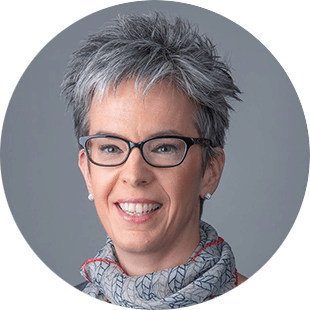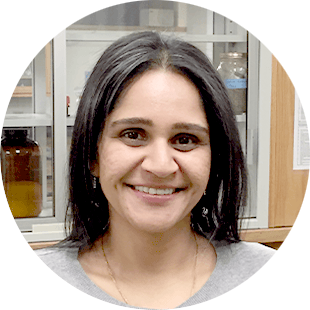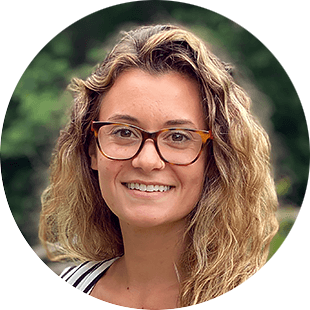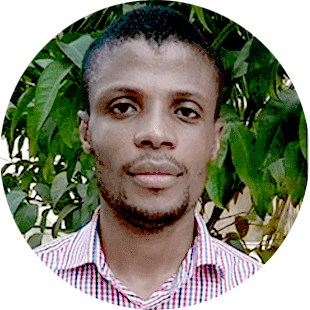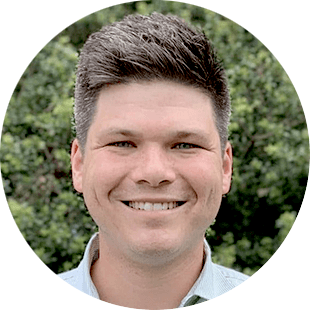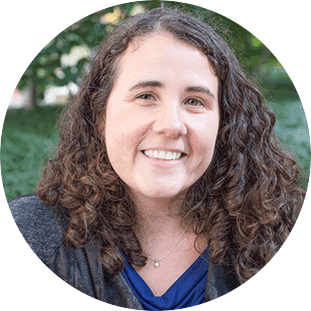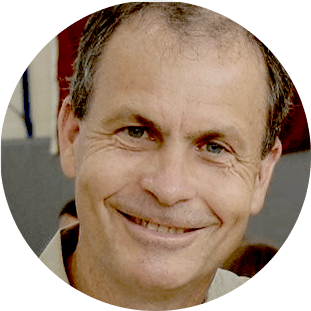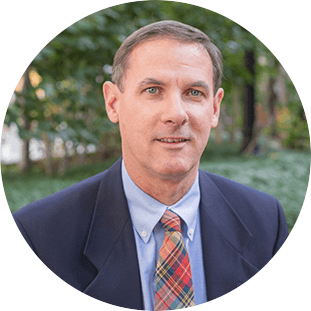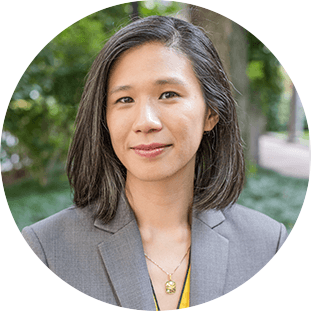Tracking pathogens in drinking water to their source
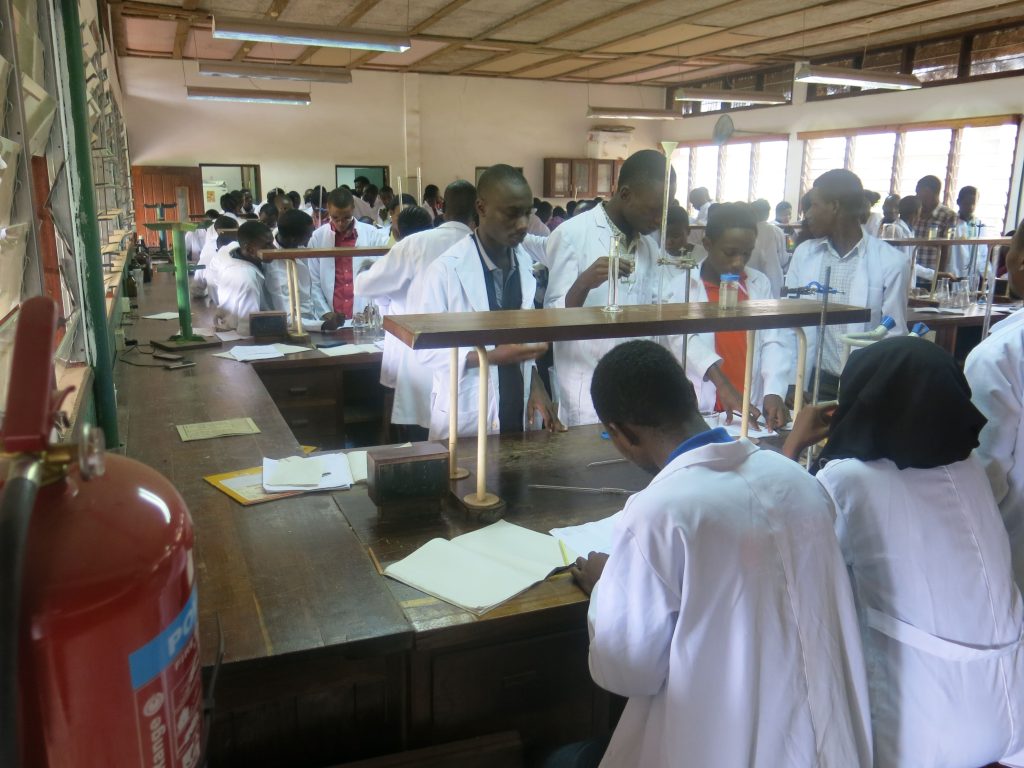
About the department
Sokoine University of Agriculture (SUA) was established in 1984 by the government of Tanzania to offer training in agriculture and allied sciences. It is consistently ranked as one of the top universities in Tanzania.
Part of the Solomon Mahlangu College of Science and Education, the Department of Biosciences is geared towards creating a critical mass of well-educated secondary school science teachers and competent research scientists. The department graduates 500 new science teachers per year and will soon be launching an MSc in Education.
Impact on development
The department is training over 500 new science teachers every year, strengthening the education workforce for much of East Africa.
Meet the Awardee
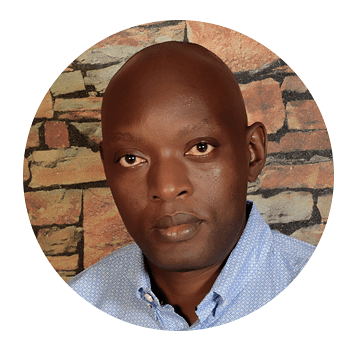
About the institution
Location:
Year established:
Number of faculty:
Number of students impacted annually:
Why Seeding Labs?
Since 2015, the Tanzanian government has been working to increase enrollment in secondary education. The success of these efforts is exacerbating a shortage of trained science teachers. Equipment is needed to provide hands-on training and research experience to the teachers who will inspire a new generation of Tanzanian scientists.
Did you know?
Two departments at SUA have received Instrumental Access awards.

